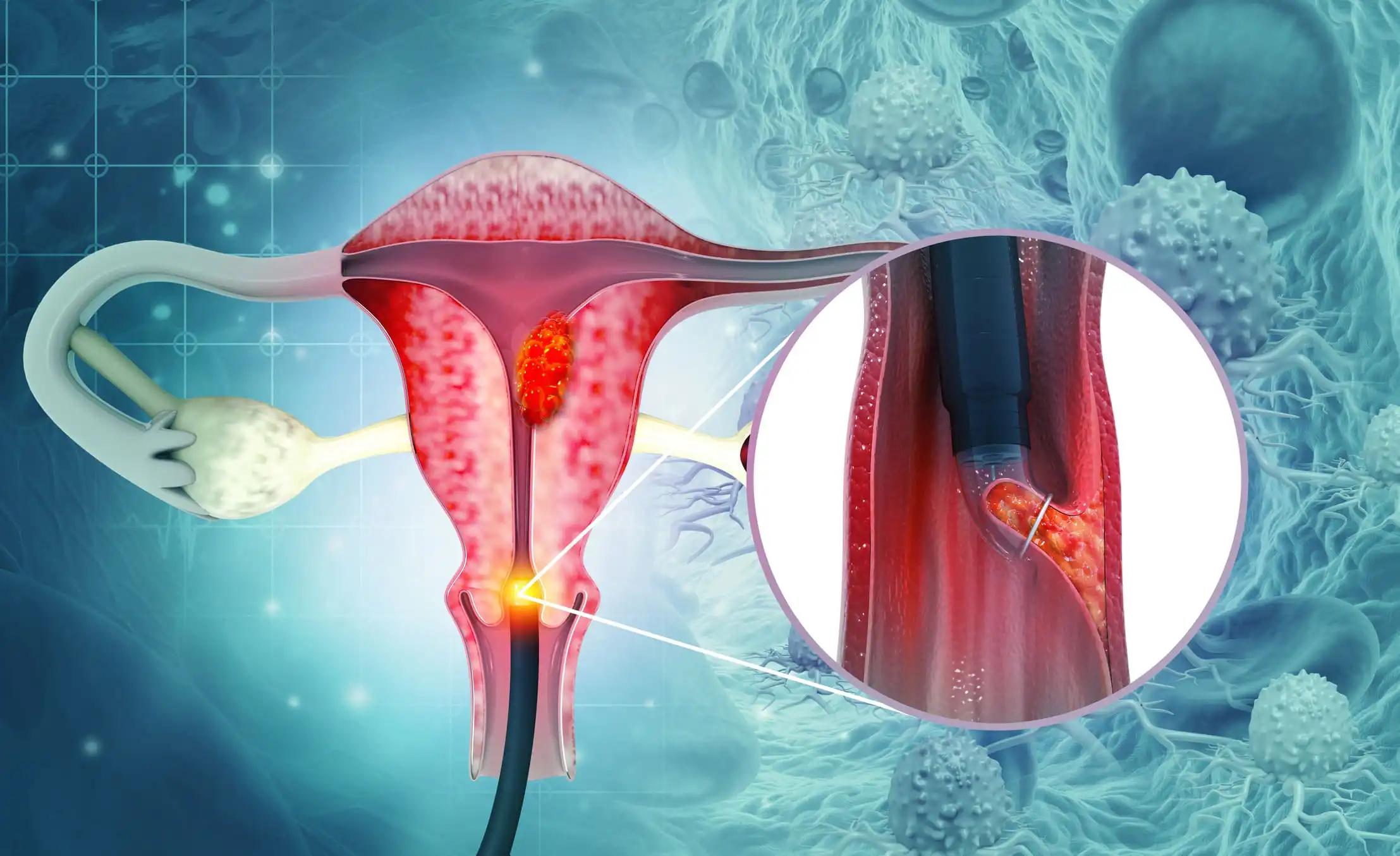KEY TAKEAWAYS
- The study aimed to investigate the role of TFRC in cervical cancer progression and prognosis.
- High TFRC levels in cervical cancer are linked to poor prognosis and immune disruption, indicating ferroptosis as a potential therapy target.
Ferroptosis is an iron-dependent, non-apoptotic form of cell death implicated in various cancers. However, its exact role in cervical cancer remains uncertain. Transferrin receptor protein 1 (TFRC), a crucial molecule in ferroptosis, has been shown to impact various pathological processes across different cancers. The prognostic significance of TFRC in CC is not well-defined.
Xiujuan Shang and the team used bioinformatics to explore how TFRC, a ferroptosis-related gene (FRGs), influences the progression and prognosis of CC.
Researchers performed an inclusive analysis by obtaining RNA sequencing data and corresponding clinical information on patients with cervical cancer from The Cancer Genome Atlas (TCGA), Genotype Tissue Expression (GTEx), and Gene Expression Omnibus (GEO) databases.
Using the least absolute shrinkage and selection operator (LASSO) Cox regression, a multigene signature consisting of 5 ferroptosis-related genes was developed for prognostic prediction in cervical cancer.
The relationship between TFRC gene expression and immune cell infiltration was investigated through single-sample GSEA (ssGSEA) analysis. The potential functional role of TFRC was evaluated using gene set enrichment analysis (GSEA). Immunohistochemistry and qPCR were employed to assess TFRC mRNA and protein expression in 33 cervical cancer cases. Additionally, the correlation between TFRC mRNA expression and overall survival (OS) was explored in these patients.
About the results, cervical cancer samples exhibited significantly higher TFRC gene expression levels compared to normal tissue samples. Elevated TFRC gene expression was strongly associated with more advanced cancer T stages and increased OS events.
Multivariate analyses revealed that patients with cervical cancer with high TFRC expression had a shorter OS compared to those with low TFRC expression. Notable increases were observed in TFRC mRNA and protein expression levels in patients diagnosed with cervical cancer.
The study concluded that increased TFRC expression in cervical cancer is linked to disease progression, poorer prognosis, and altered immune cell infiltration, underscoring the potential of targeting ferroptosis as a promising therapeutic strategy for cervical cancer.
This study was funded by the National Natural Science Foundation of China.
Source: https://pubmed.ncbi.nlm.nih.gov/39131609/
Shang X, Wang H, Gu J, et al. (2024). “Ferroptosis-related gene transferrin receptor protein 1 expression correlates with the prognosis and tumor immune microenvironment in cervical cancer.” PeerJ. 2024 Aug 6;12:e17842. doi: 10.7717/peerj.17842. PMID: 39131609; PMCID: PMC11313409.



